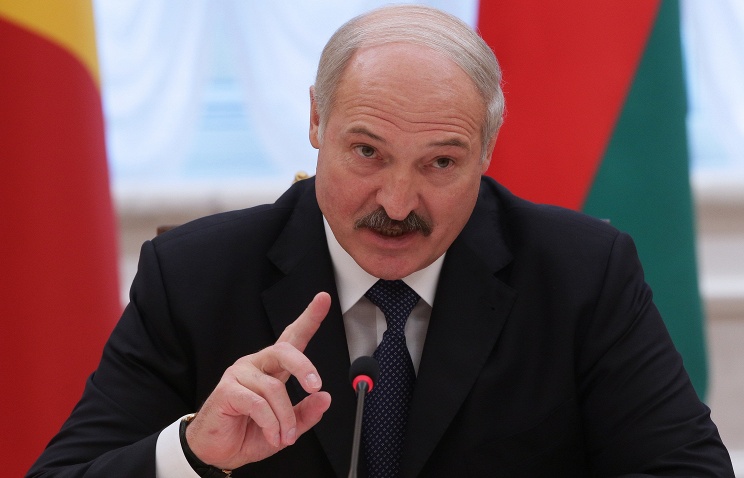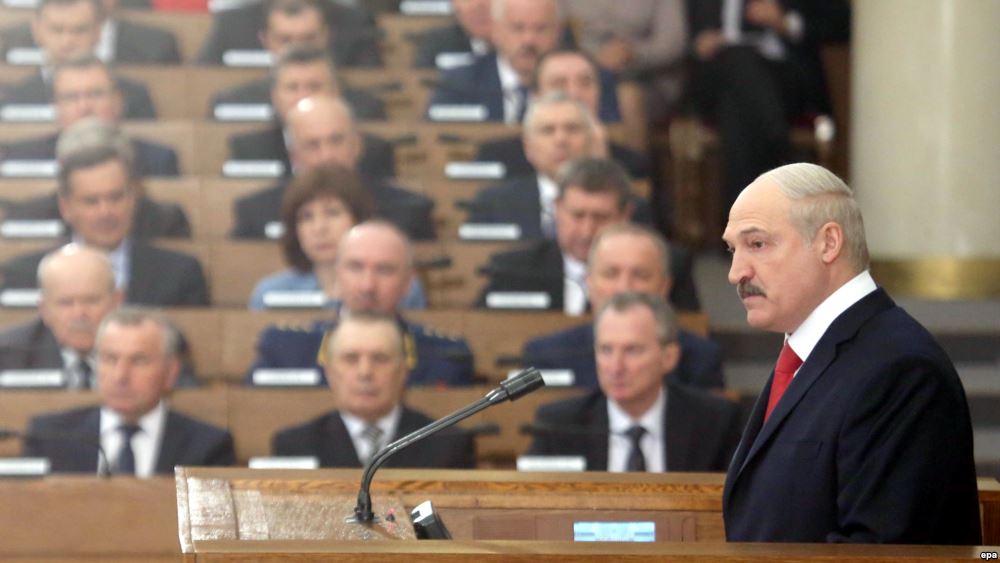Russia is violating the regulations of the Eurasian Customs Union by prohibiting food products of numerous Belarusian manufacturers from entering its territory, the President of Belarus, Alexander Lukashenko, said at a meeting in Minsk on Wednesday, December 3, according to TASS.
“Russia has acted indecently by prohibiting many Belarusian companies from supplying goods to it is territory,” Lukashenko said. In his view, this is because “various thieves in Russia … want to profit in the Russian market by manipulating prices,” and a supply of Belarusian good significantly inhibits price increases, he said.
According to Lukashenko, “the main issue is that Russia has violated all the agreements that we had reached in our Customs Union… This can be justified by referring to issues of security, terrorism, nuclear safety. It’s possible to think up anything and to attach labels, but people know and buy Belarusian products in Russia, Kazakhstan and the CIS. We have high standards. Why escalate the situation and cause problems?” he said.
He also insisted that Belarusian products are of higher quality than Russian ones, according to channel 5.ua. “If you ask which products are safer — Belarusian or Russian — (the question) will simply cause laughter, not only in Belarus but also on the part of any Russian, because the Russian Federation, no offense, is about half a century behind Belarus in terms of product safety,” he said.
Furthermore, Belarus considers a transit ban unacceptable, Lukashenko said.
“If Russia does not want for certain products to cross the Russian territory to Kazakhstan, Uzbekistan, China, Mongolia, Türkiye, then let it deal with this transit prohibition. Belarus is a transit republic that makes money on transit. We cannot prohibit the transit of products through Belarusian territory to other countries. This is a violation of all the regulations of international law. It appears that Russia wants to close Belarus as a transit country. We cannot accept that,” Lukashenko said.
As previously reported, on November 24, the Federal Service for Veterinary and Phytosanitary Surveillance restricted various meat and dairy products of a dozen Belarusian enterprises from entering Russia, and on November 26, added eight more companies to the ban.
According to the Russian agency, the product did not meet the standards and requirements of Russian legislation and the Eurasian Customs Union. Agency specialists allegedly found microbial contamination, traces of antibiotics and a gene of the African swine fever virus.
Additionally, the agency announced that starting November 30 there would be a ban on transit through Russia to third countries of Belarusian products affected by the Russian embargo. According to the agency, trucks under the guise of transit to Kazakhstan through Belarus and Russia have actually been unloading on Russian territory.
The Eurasian Economic Commission, which acts under the auspices of the Eurasian Customs Union, has called on the agency not to restrict transit deliveries from Belarus and to abandon restrictive measures against Belarusian enterprises. According to the EEC, these measures do not meet the objectives of the Eurasian Customs Union.








